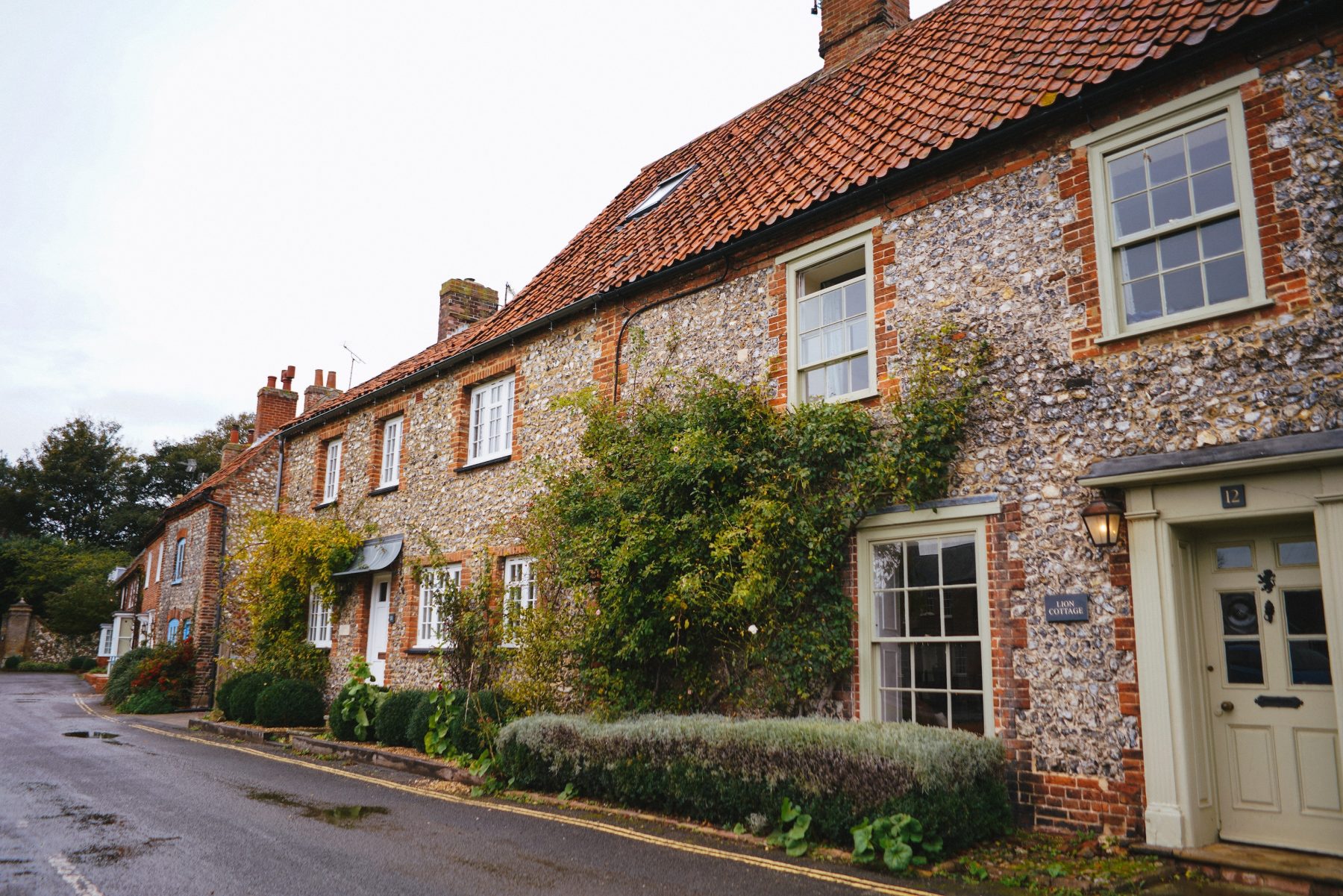
The Land Registry’s responsibilities in England and Wales are to provide reliable records of land and property ownership and interests, offer government-guaranteed land titles to owners, and provide a title plan that indicates general boundaries.
Before the introduction of the 1925 Land Registration Act, land in England and Wales was mainly unregistered and voluntary registration was the only option. However, this changed with the Act, which aimed to simplify conveyancing by providing a single document called the Title Information Document that would enable purchasers to view the title to land. Each title was also assigned a unique title number. The Title Information Document is crucial because it clearly outlines the land ownership, boundaries, rights of way, and any restrictions affecting it.
The Land Registry say their responsibilities are:
Why are my deeds not registered?
Land registration only become mandatory in Mendip in the 1980’s. Deeds were usually only registered on a registrable disposition, such as a sale or remortgage. If you have unregistered deeds you can decide to apply for voluntary registration. There are numerous benefits to registering ownership at the Land Registry.
Currently, around 85% of all land in England and Wales is now registered, with the Land Register containing over 24 million legal titles that demonstrate ownership and coverage. HM Land Registry is responsible for protecting land worth more than £4 trillion, including more than £1 trillion in mortgages. They say their purpose is to protect your land ownership and provide services and data that underpin an efficient and informed property market.
Should I register my deeds?
An application for voluntary registration can be made by an existing land owner. There are many benefits to registering ownership at the Land Registry and these include:
The Land Registry recommend you register your deeds as this:
Please contact Katherine Oakes for more details.
Partner

Private Client Paralegal
